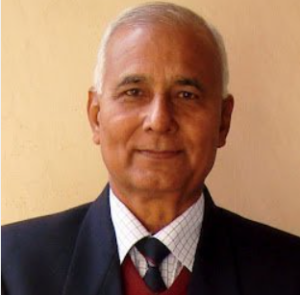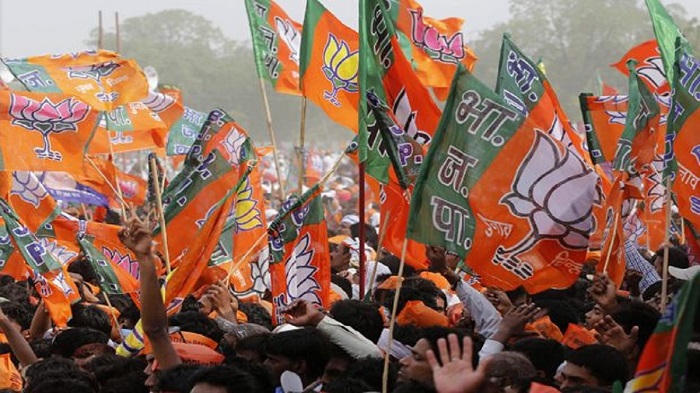(SR Darapuri, National President, All India Peoples Front)

(Asian independent) Since the Bharatiya Janata Party (BJP) came to power in 2014 under Prime Minister Narendra Modi, the situation for Muslim and Christian minorities in India has become increasingly challenging, marked by a rise in communal tensions, discriminatory policies, and violence. The BJP, rooted in the Hindu nationalist ideology of Hindutva, has been accused by critics, human rights organizations, and minority communities of pursuing an agenda that marginalizes non-Hindu groups, despite official claims of inclusivity.
For Muslims, who make up about 14% of India’s population (approximately 200 million people), the period has been characterized by heightened discrimination and violence. Incidents of mob lynchings, often linked to accusations of cow slaughter—a sacred animal in Hinduism—have targeted Muslims, with perpetrators frequently enjoying impunity. Human rights reports have documented a surge in hate speech, with inflammatory rhetoric from BJP-affiliated leaders and right-wing groups like the Rashtriya Swayamsevak Sangh (RSS) fuelling anti-Muslim sentiment. Policies such as the Citizenship Amendment Act (CAA) of 2019, which fast-tracks citizenship for non-Muslim refugees from neighbouring countries while excluding Muslims, have been widely criticized as discriminatory. Paired with the proposed National Register of Citizens (NRC), it has raised fears of disenfranchisement among Muslims, particularly in states like Assam. Economically, Muslims remain the poorest religious group in India, with limited representation in government jobs and persistent socio-economic marginalization, despite some welfare schemes reaching them.
Christians, constituting about 2.3% of the population (roughly 30 million people), have also faced growing hostility. Anti-conversion laws in several BJP-ruled states, such as Uttar Pradesh and Madhya Pradesh, have been used to harass Christians, often under the pretext of preventing forced conversions. Reports from groups like the United Christian Forum indicate a sharp rise in attacks, with over 700 incidents of violence against Christians recorded in 2023 alone, including church vandalism and assaults on clergy. High-profile cases, such as the 2023 violence in Manipur—where ethnic clashes between the Hindu Meitei and Christian Kuki communities led to churches being burned—highlight the vulnerability of Christians under BJP governance. Hindu nationalist narratives often portray Christians as threats to Indian culture due to missionary activities, further exacerbating tensions.
Both communities have experienced a pattern of state-backed or state-tolerated aggression, with critics pointing to the BJP’s tacit support for Hindu extremist groups like the Vishva Hindu Parishad (VHP) and Bajrang Dal. Demolitions of Muslim homes and mosques, justified as urban development measures, and disruptions of Christian worship services have become more frequent. While the BJP asserts its slogan “Sabka Saath, Sabka Vishwas” (Together with All, Trust of All) reflects a commitment to all citizens, the reality on the ground—evidenced by rising communal incidents and legal challenges—suggests a significant erosion of secular principles enshrined in India’s constitution. Internationally, organizations like Human Rights Watch and the United States Commission on International Religious Freedom have flagged India’s declining religious freedom, placing it alongside nations with severe minority persecution.
On the other hand, the BJP and its supporters argue that these concerns are exaggerated by political opponents and that their policies aim to protect national interests, not target minorities. They point to welfare programs benefiting all communities and dismiss violence as isolated incidents, not reflective of government intent. However, the lived experience of Muslims and Christians, coupled with data from independent sources, paints a stark picture of insecurity and exclusion since the BJP’s rise to power.









